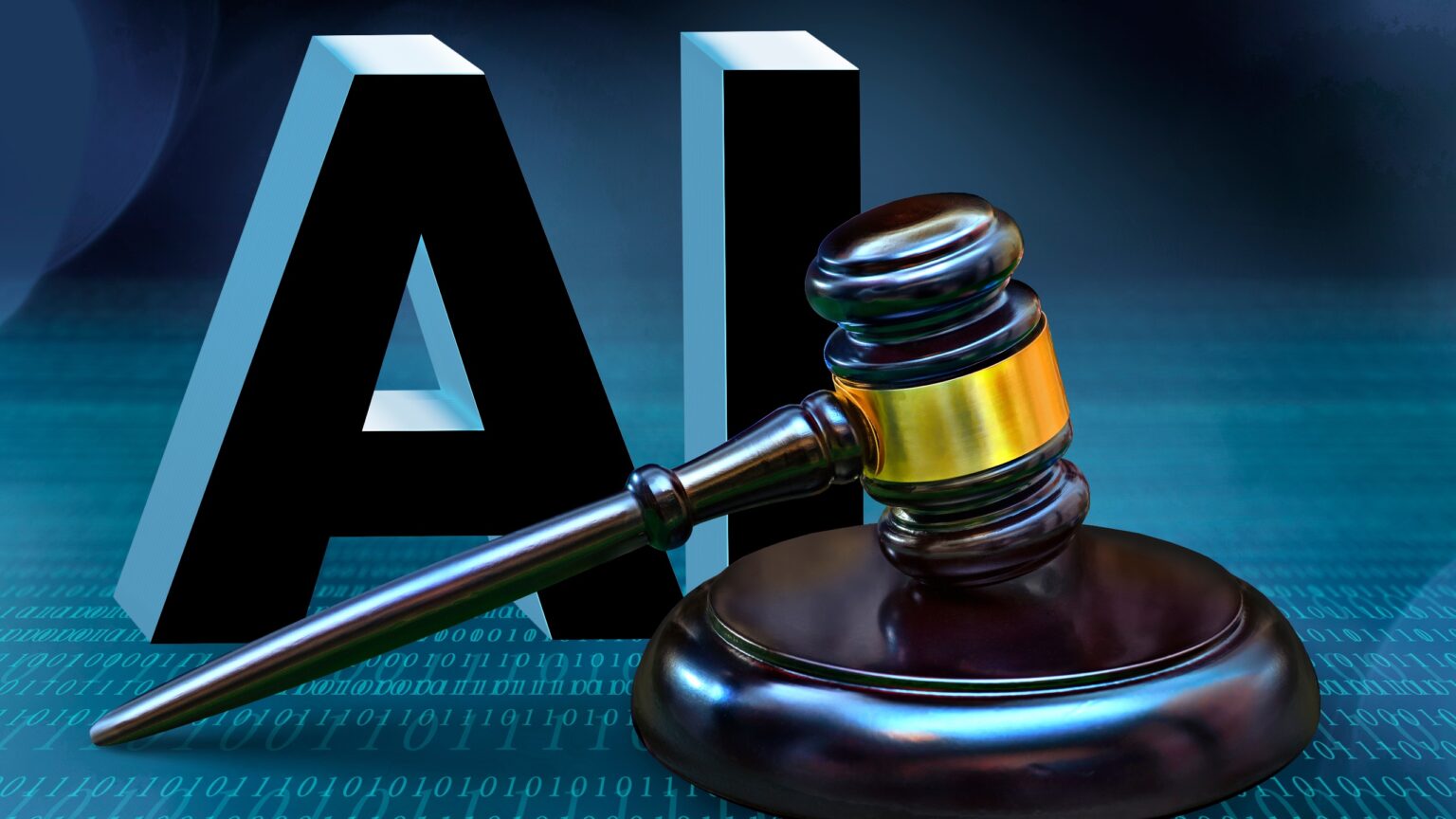OpenAI was sued in a class action accusing the ChatGPT creator of stealing user data. The lawsuit seeks at least $3 billion in compensation, improved transparency, and a suspension in the commercial use of the widely popular AI chatbot, ChatGPT.
According to the complaint filed in a California federal court on June 28, OpenAI allegedly used “stolen private information” to “train and develop” its products, including ChatGPT 3.5, ChatGPT 4, Dall-E, and Vall-E. The firm’s partner, Microsoft, was also named as a defendant.
OpenAI stole personal data from millions of users
The lawsuit alleges that OpenAI stole data from “millions of unsuspecting” users worldwide, including “children of all ages.” The information, which ranges from private conversations to medical records, was allegedly harvested from the Internet without permission from users.
“Defendants’ disregard for privacy laws is matched only by their disregard for the potentially catastrophic risk to humanity,” the lawsuit claims.
“Emblematic of both the ultimate risk – and defendants’ open disregard – is this statement from defendant OpenAI’s CEO Sam Altman: ‘AI will probably most likely lead to the end of the world, but in the meantime, there’ll be great companies,'” it added.
ChatGPT is a free-to-use generative AI from OpenAI that’s trained on billions of text and code, including the whole internet as it existed before 2021. Since its launch in November, the chatbot has become incredibly popular thanks to its ability to perform different tasks such as writing poetry.
Also read: Pope Francis Issues AI Ethics Guidelines, Calls for Human-Centered Development
According to the lawsuit, OpenAI collects, stores, and shares a range of private information like social media data, cookies, keystrokes, and payment data. The company is also accused of collecting data from apps that incorporate GPT-4, such as Snapchat, Spotify, and Stripe.
Keystrokes, for example, include information about the keys people press on their keyboards. This information can be used to track your typing habits and to collect data about the words and phrases you use, observers say.
Plaintiffs demand compensation
The 157-page lawsuit alleges that OpenAI committed 15 offenses, including violations of the Computer Fraud and Abuse Act, the Electronic Communications Privacy Act, and several state consumer protection laws and common law infringements.
The plaintiffs are demanding transparency about the nature, source, and application of the data OpenAI collects. They also want compensation of $3 billion for users whose privacy has been violated, as well as a suspension in the commercial use of products like ChatGPT.
“OpenAI should open the ‘black box,’ to clearly and precisely disclose the data it is collecting,” the lawsuit says.
One of the plaintiffs key demands is that OpenAI provide users with an opt-out option for data collection, and that it stops “the illegal taking of internet data, delete (or compensate for) any ill-gotten data.”
This is not the first time that OpenAI has been sued over ChatGPT. As MetaNews reported last month, U.S. radio broadcaster Mark Walters sued OpenAI for libel after its chatbot falsely accused him of embezzling money from the Second Amendment Foundation.
The current legal challenge is more weighty and could have wide-ranging consequences for OpenAI and the broader AI field, according to observers. Neither OpenAI nor Microsoft have responded to the class action lawsuit yet.









 and then
and then